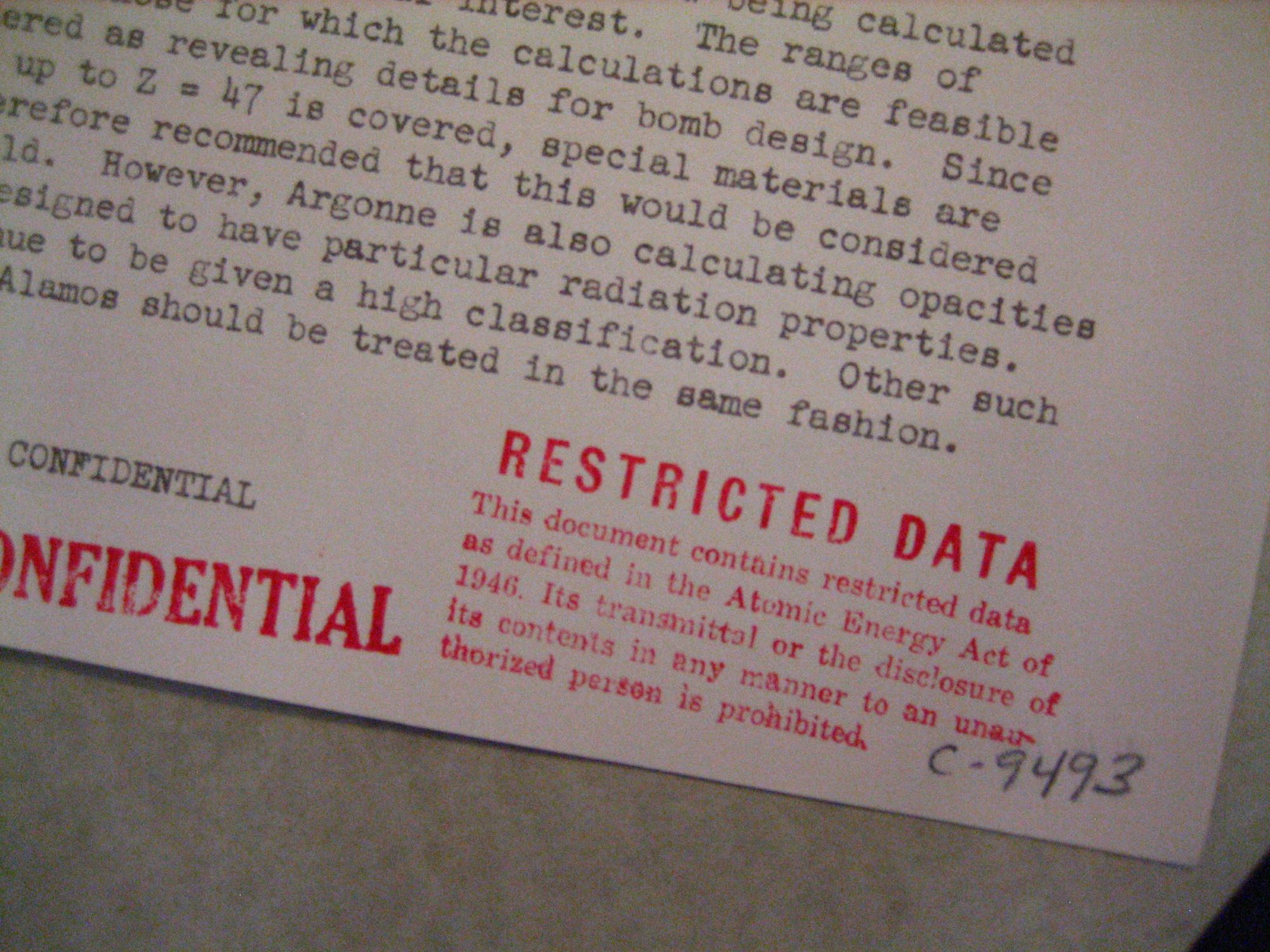The virtual seminar will be held from 12:30 to 2:00 p.m. (E.T.)
The American atomic bomb was born in secrecy. From the moment scientists first conceived of its possibility to the bombings of Hiroshima and Nagasaki and beyond, there were efforts to control the spread of nuclear information and the newly discovered scientific facts that made such powerful weapons possible. The totalizing scientific secrecy that the atomic bomb appeared to demand was new, unusual, and very nearly unprecedented. It was foreign to American science and American democracy—and potentially incompatible with both. From the beginning, this secrecy was controversial, and it was always contested. This talk will the key arguments and findings of the new book Restricted Data. Drawing on troves of declassified files, including records released by the government for the first time through the author’s efforts, the book traces the complex evolution of the US nuclear secrecy regime from the first whisper of the atomic bomb through the mounting tensions of the Cold War and into the early twenty-first century.
About the speaker: Alex Wellerstein is assistant professor of science and technology studies at the Stevens Institute of Technology in New Jersey. He is a historian of science and nuclear weapon and the creator of the online nuclear weapons simulator NUKEMAP. He has a PhD from the Department of History of Science at Harvard University.
